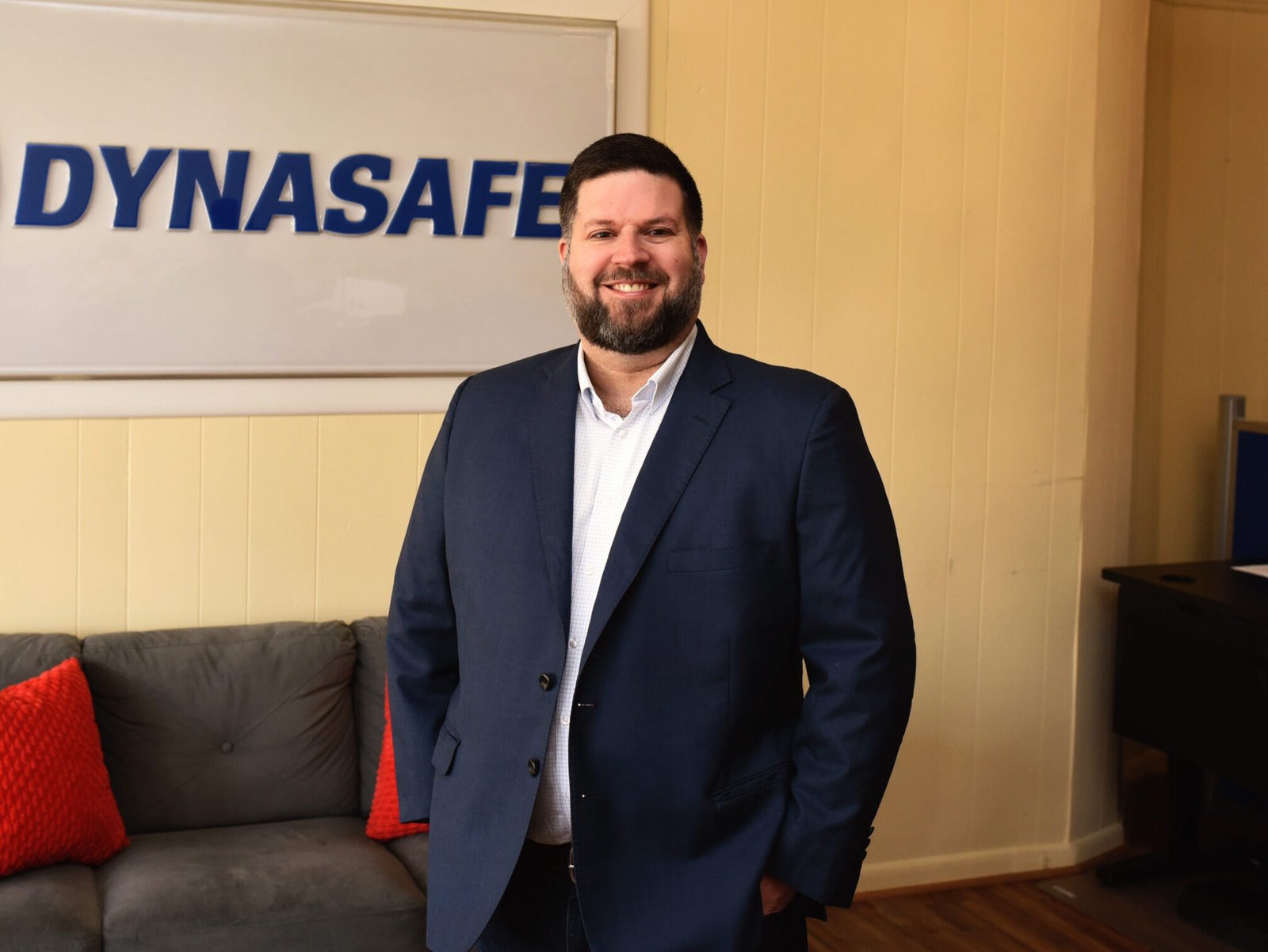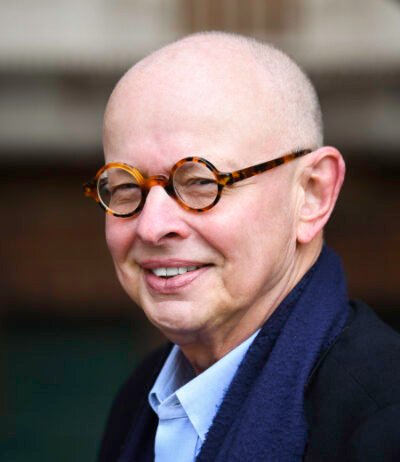I have interviewed a number of founders of prominent technology companies as part of my Lessons in Leadership series in Thrive Global. In the last few weeks alone, I interviewed Ray Zinn, founder and former CEO of Micrel; Vineet Jain, founder of CEO of Egnyte; and Aytekin Tank, founder and CEO of JotForm. Here is a quick blurb on each founder and his respective company:
Raymond D. “Ray” Zinn is an inventor, entrepreneur, investor, angel, bestselling author and the longest serving CEO of a publicly traded company in Silicon Valley. Ray served as Chief Executive Officer, Chairman of the Board of Directors and President of Micrel since the company’s inception in 1978. Ray led Micrel profitably through eight major downturns in global chip markets; many chip companies weren’t able to make it through one downturn and very few have survived through all the major downturns. Micrel has been profitable from its very first year, aside from one year during the dot-com implosion. Ray holds over 20 patents for semiconductor design.
Vineet Jain is the CEO and co-founder of Egnyte. Egnyte is rapidly approaching 9-figure revenue and has crossed into profitability a number of times as it balances out growth versus financials. Because Vineet arrived in San Francisco Airport in 1993 with a $100 bill in his shirt pocket, he is grounded in the fundamentals of creating a cash flow positive and profitable business. While competitors Box and Dropbox have hit the public markets to attempt to appease investors and make the numbers work eventually, Egnyte took a different approach to scaling. Now, backed by the likes of Goldman Sachs and Google Ventures, Vineet and Egnyte are as close as ever to a prospective IPO. But Vineet is only going to move when he feels the balance sheet justifies going public. He is determined that not only the top executives — but rather every employee at Egnyte is able to enjoy the rewards of this long and strategic journey.
Aytekin Tank is the founder and CEO of JotForm, the leading online form builder. In 2016, JotForm was named one of the most entrepreneurial private companies in the U.S. by Entrepreneur magazine. Aytekin has a computer science degree from the University of Bridgeport and worked as a developer for a New York-based media company before launching his business in 2006. I was actually a longtime JotForm user prior to connecting with Aytekin.
Here are some of the highlights from the interviews with Ray, Vineet and Aytekin:
Adam: I am sure readers would love to learn more about you. What is something about you that would surprise people?
Ray: Probably that I am legally blind which happened during Micrel’s IPO. However, I have not let it slow me down nor did it keep me from running Micrel for 37 years.
Vineet: While this story may not be uncommon, I arrived in the US with only a crisp $100 bill, and I knew just one person (someone I had worked with in my first job in India) who picked me up at the airport. I didn’t know anyone and didn’t have access to a car or tv in the first few months, so I went to the Office (Bechtel in San Francisco) on the weekends in my spare time. I began befriending everyone from folks on the CalTrain, my daily bus route, and even random people in stores.
Aytekin: Every November, I leave the world of technology behind to go olive-picking in Turkey. It’s a great opportunity to spend time with my parents, who moved back to their Turkish hometown after retirement. We don’t use any machinery or modern devices in the harvest; just ladders and our hands. Spending a week in the olive grove clears my mind. After all, I can’t check my email or scroll a Twitter feed while I’m halfway up a tree. I’m a firm believer in the power of rest – and sometimes doing nothing at all. My family appreciates the help, but I’m the one who gains the most from this time in the countryside. I disable all notifications on my phone. And I always return to the city with a clear mind and renewed inspiration.
How did you get here? What failures, setbacks or challenges have been most instrumental to your growth?
Ray: Back to losing my sight, during my company’s IPO roadshow none-the-less. It was a defining moment in my life; both as a CEO and as a human being. I had to rethink everything, from how I interacted with people to how I was going to run the day-to-day business. Even ordinary logistics had to be rethought. I could no longer drive a car much less pilot my own private airplane! So, continuing to run Micrel required that I retool nearly every aspect of my daily life. It was a challenge, but in the end, it helped me be a better listener and that made me a better leader.
Vineet: A large amount of “foolish optimism” and bouncing back from every failure and rejection are some of the traits that have become core to me. I was doing quite well at KPMG (my late 20’s) and yet decided to leave that job to do my own company, my own startup. When you are young, the self-belief bordering on being invincible was very high. My first company Valdero, focused on producing supply-chain management software to help companies manage their inventory. After selling, I felt that it wasn’t a great exit. It felt like a failure. My goal and hope with Egnyte has always been to lead us to be a product that customers love, a culture that anyone associated with Egnyte likes (mostly everyone), and a company that creates a lot of value for all its stakeholders.
Aytekin: Building my company, JotForm, has been a long and winding journey. I launched the business 13 years ago from my New York apartment. Today, our product is used by five million people worldwide. As a company, we faced our biggest challenge when we hit 15 employees. Before that point, our little team worked on the same projects and made every decision together. We didn’t even need to have meetings, because we were always talking about the product. We had lunch together every day. We discussed our work freely and openly, because we were all holed up in the same small office, focused on the same day-to-day tasks. Once our team grew into the double digits, the culture suddenly changed. Details weren’t being thoroughly discussed. We made a series of bad decisions, and it felt like everyone was doing half-assed work. One day, I asked myself, “What changed?” I realized that everything had changed. As a company of seven, we were a tight-knit team with a single purpose. Once there were 15 employees, we were all working on different things. I decided it was time to fix the problem. We divided our staff into small teams that each work on a single, mission-critical project. Every cross-functional team of 3-6 people includes a designer, developer, UX specialist, data scientist, marketing expert, or any other functions required to complete an end-to-end project. All of these teams operate like independent companies. Now we have nearly 150 employees in three different locations, but we still follow the same principles. We even designed our office to include private team rooms (with doors that close). These rooms can’t accommodate more than six people – and that’s an intentional choice. If a team grows beyond six members, we split it into two and give each group its own room.
Adam: What is the single best piece of advice you have ever received?
Ray: Start your own company, especially if you are an out of the box type person. That is how I became an entrepreneur and CEO. I was so busy thinking beyond the limits of the company I worked for, I had to start my own.
Vineet: Leverage people’s strengths and work around their weaknesses.
Aytekin: When Walter Isaacson asked Steve Jobs which products he was most proud of, his answer was the Apple team – a team that can create great products over and over again. This is how I see the JotForm team. We invest in our team so that we can continue to build a great product for our customers.
Adam: What are your three best tips applicable to entrepreneurs, executives and civic leaders?
Ray: Focus, frugality and drive. Focus: distractions are antithetic to entrepreneurs. They know in their hearts and minds what they want to create, and they find a way to create it. Frugality: Excesses of the dot-com era aside, great entrepreneurs build frugal organizations. Cash is king, and spending their own cash is less expensive than using investor money or bank loans. “Making do” is an entrepreneur’s creed. Finally, never give up because being the best doing their personal best for leaders of all kinds is a natural mode of operation, and they encourage everyone in the organization to live for the same standard of quality.
Vineet: There is no substitute for high integrity even if in the short term you may not get positive results. Try to meet at least 2-3 people every week outside work with “no” defined or designed outcome from that meeting. Learn to trust people and don’t second guess. Mistakes will be made by all including yourself.
Aytekin: 1. Learn to be an effective decision maker: Important decisions take time. You need to give yourself enough latitude to think a big decision through and consult with those involved. You don’t want to jerk people around with ever-changing priorities and projects. Instead, your teams should always be working on the most important activities in the business. Knowing what’s essential and identifying the biggest opportunities is the only way to ensure you’re focused on what matters. 2. Invest in your people: Give your employees the time and resources they need to acquire more training. Don’t nickel-and-dime these investments; they pay incredible dividends. For example, we send our employees to one conference of their choice each year – all expenses paid. We hire trainers to give on-site workshops. We also pay for continuing education classes. Remember that learning happens from the inside, too. Encourage a culture of mentorship in your organization. Pair experienced staff with new hires and let them learn directly from your best minds. 3. Build systems: When things fail, you can find fault in people or in systems. It’s more productive to invest in systems. For example, our cross-functional product teams have all the resources they need – from big screens to fast computers to large white boards – and they sit in the same room. We ask them to show their progress every Friday. And we have a weekly meeting with the team leader. The system ensures that nothing is left to chance. They have the freedom to make their own decisions, but we also hold them accountable for results and check in with each group every week.
You can find the full interviews at https://thriveglobal.com/stories/tips-from-the-top-one-on-one-with-ray-zinn/, https://thriveglobal.com/stories/tips-from-the-top-one-on-one-with-vineet-jain/, and https://thriveglobal.com/stories/tips-from-the-top-one-on-one-with-aytekin-tank/ respectively.









